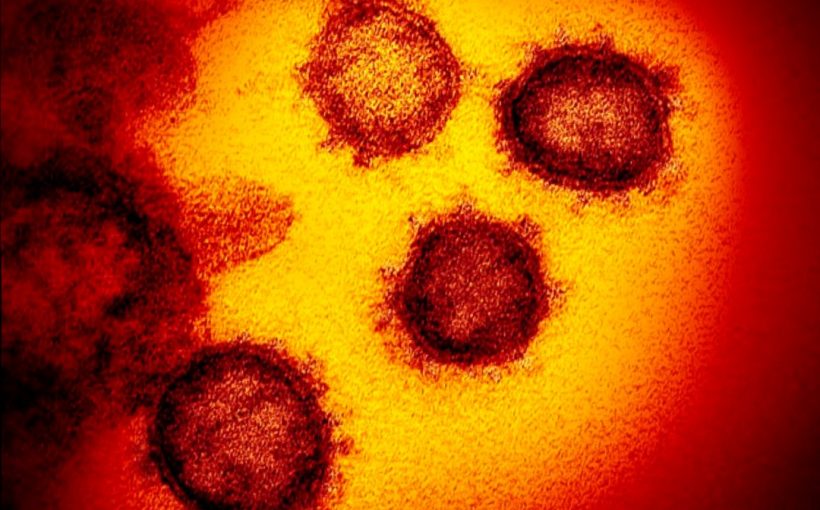If you or a loved one are immunocompromised, and therefore at a higher risk of becoming severely ill from COIVD-19, it’s more important than ever to plan ahead for upcoming holiday gatherings. Among those at heightened risk are cancer and transplant patients who are taking immunosuppression medication, in addition to patients with advanced and untreated HIV/AIDS.
In this Mayo Clinic Minute, Dr. Raymund Razonable, a Mayo Clinic infectious diseases physician who works with transplant patients, will explain the steps patients and their loved ones can take to reduce their risk of getting infected with COVID-19 during the holiday season.
When it comes to protecting those with weakened immune systems from COVID-19, people can take several steps.
“The No. 1, No. 2, No. 3 (things are) vaccine, vaccine, vaccine. Get vaccinated,” says Dr. Razonable. “That’s still the best measure to prevent infection.”
He recommends that patients who are immunocompromised receive three doses of the Moderna or Pfizer COVID-19 vaccine or two doses of the Johnson & Johnson COVID-19 vaccine.
It’s also just as important to keep a circle of safety around you. In other words, ensure family and friends you come into contact with also are vaccinated.
“I usually advise my patients that if you love your relatives who are immunocompromised, then get the vaccine because this will make it less likely for you to get the virus. And if you’re around them, that means you are less likely to transmit the virus,” says Dr. Razonable.
Keeping track of COVID-19 case counts in their local community can help when deciding risks associated with various activities.
“If the transmission in the community is pretty high, then this is probably not the best time to go out in public areas. If you really have to go out, make sure you know to mask up and try to kind of stay away from large gathering as much as possible,” says Dr. Razonable.
Finally, if immunocompromised patients are exposed, they should contact their health care provider right away, even if they don’t have symptoms.
Deedee Stiepan


